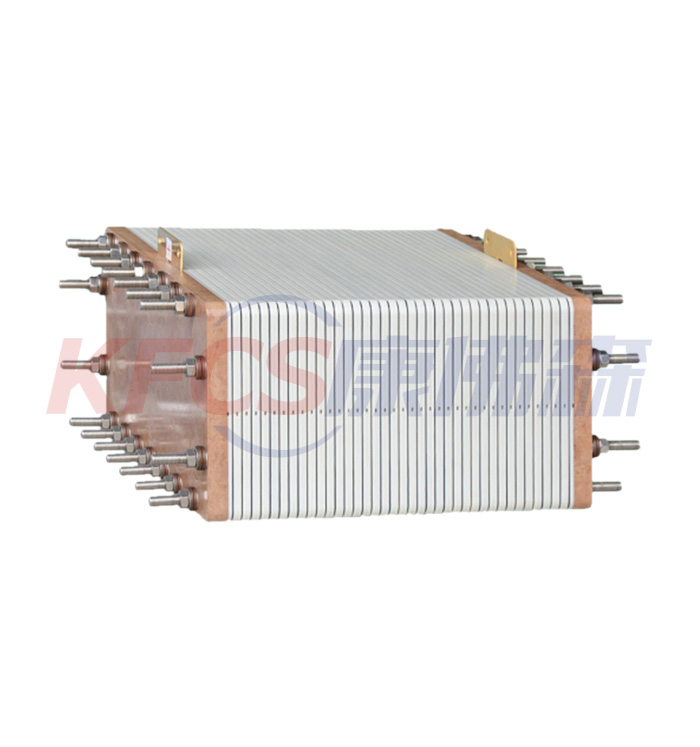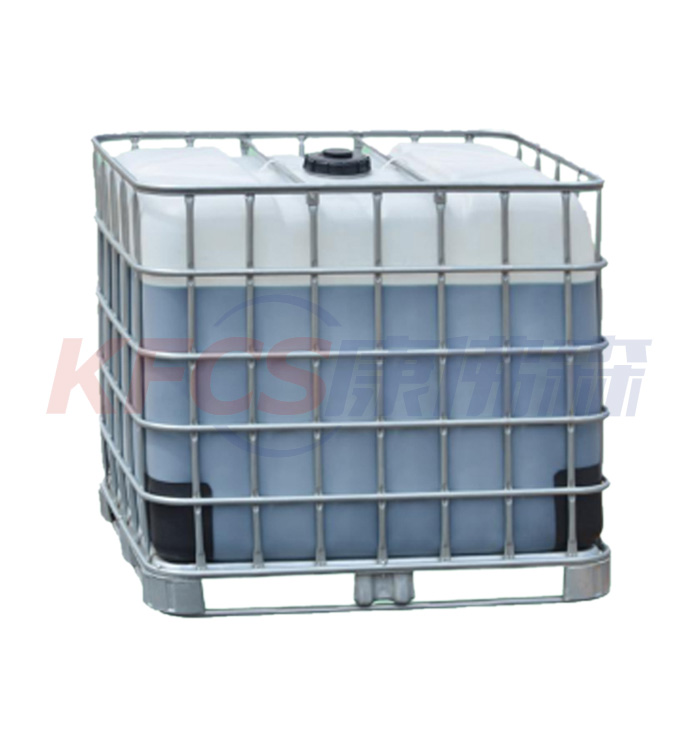Scientists develop ultrathin supercapacitors that retain strength after bending
2022-02-17
Scientists develop ultrathin supercapacitors that retain strength after bending
Scientists have developed a new type of supercapacitor with the flexibility and durability required for footwear and clothing, as well as other devices that make up the Internet of Things. The advance stems from a new fabrication method that produces an ultrathin energy storage device that can bend and stretch while maintaining its impressive performance.
When it comes to energy storage, supercapacitors have some unique capabilities. Today's batteries can store relatively large amounts of energy and release them over relatively long periods of time, but they take a long time to charge. Supercapacitors can't hold that much energy in their current form, but can charge more rapidly and release their energy on a massive, short-term basis.
Making them an attractive proposition in certain applications, especially if they can take a flexible, stretchable form. Scientists working in this field at the University of Surrey and the Federal University of Pelotas in Brazil have now achieved a breakthrough by using carbon nanomaterials as their starting point.
More specifically, the team took carbon nanotubes and arranged them on a silicon-based polymer matrix, which was then coated with a material called polyaniline. This conducting polymer provides enormous energy storage capacity through a process known as "pseudocapacitance", while also allowing for a high level of mechanical integrity.
After 5,000 charging cycles, the ultrathin supercapacitor maintained 76 percent of its capacitance and 80 percent of its electrochemical properties under various bending angles, the team said. What's more, the team's new fabrication method is said to be cheaper and less time-consuming than standard methods.
"Supercapacitors are key to ensuring that 5G and 6G technologies reach their full potential," said study author Professor Ravi Silva. "While supercapacitors can certainly improve the longevity of wearable consumer technology, when you consider their role in self-driving cars and AI-assisted smart sensors, they have the potential to be revolutionary products that can help us all save energy. That's why we had to create a low-cost and environmentally friendly way to produce this incredibly promising energy storage technology. The future of supercapacitors is definitely bright."
The research was published in the journal Nanoscale.
About News
- What are the advantages of all-vanadium redox flow battery energy storage technology?
- Tiny battery-free sensing device floats with the wind
- Lithium battery processing equipment is used for crushing device for scrapped lithium ion power battery
- Energy storage safety is systems engineering
- Vanadium Redox Battery 24V 33ah Rechargeable
- Lithium battery recycling: accelerating the construction of industrial chain recycling integration
- Skon, a Korean power battery manufacturer, will build a lithium battery recycling plant this year
- Advantages of vanadium flow battery compared with other chemical power sources
- Lithium battery recycling process and its application
- China's battery industry will express development
Products








